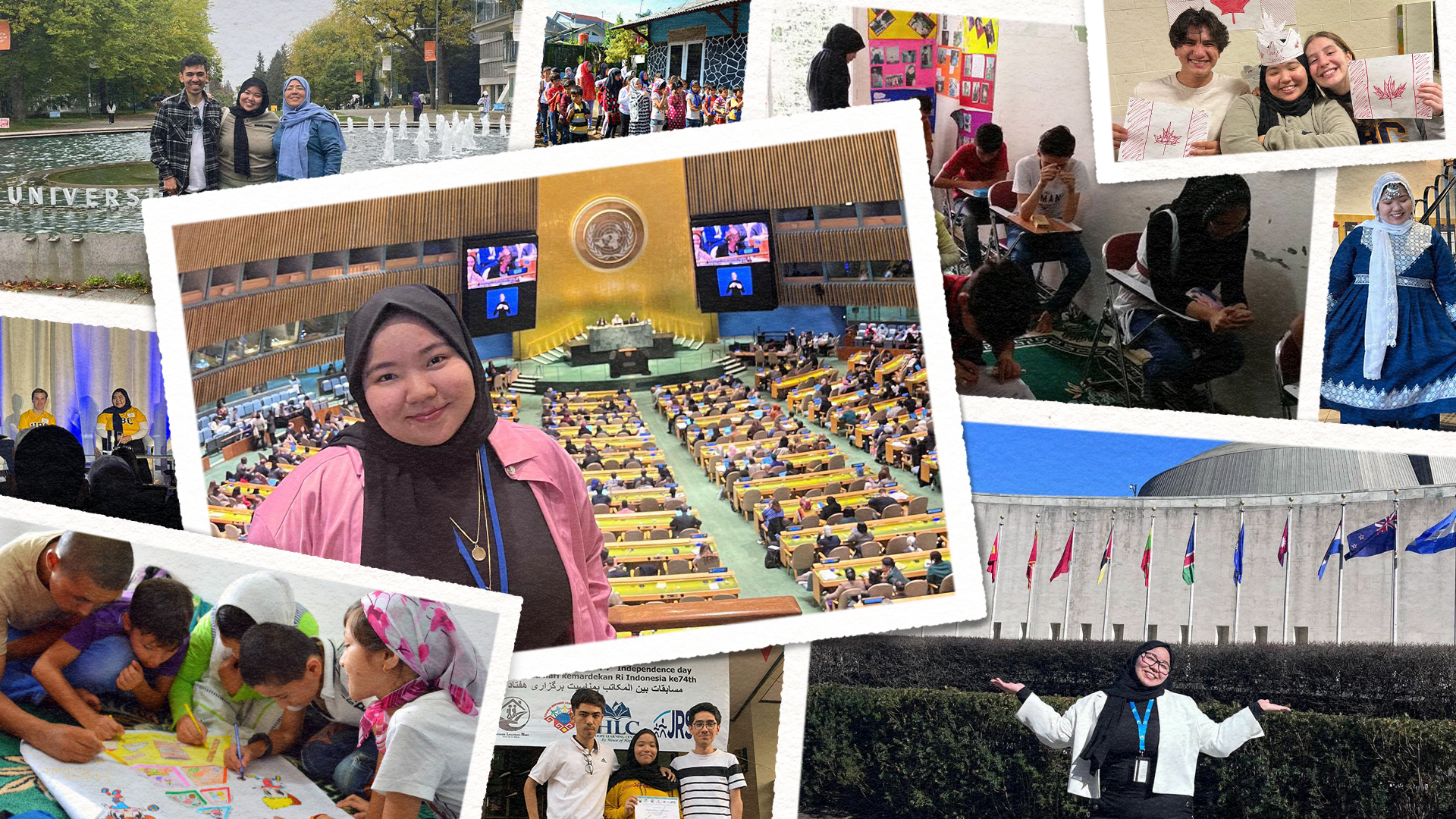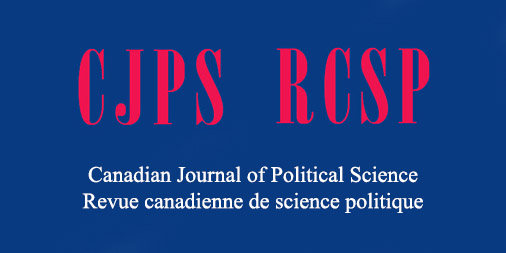

Students at UBC Political Science are invited to apply for the first pan-Canadian Model European Union simulation that will take place in Ottawa from 5-7 May 2023.
The simulation will allow university students to delve into a specific European Union policy area relevant for transatlantic relations. Participating teams will take on the role of leaders from different EU Member States and use negotiation and diplomatic strategies to get European leaders to agree to one common EU position.
Teams will prepare for the two-day simulation through tutorial sessions and by using online preparation materials that will be provided by the organizers. Model EU is a great opportunity for students to learn about the decision-making process of the European Union but also to develop public speaking, negotiation and teamwork skills.
This year’s topic: the European Union’s Arctic policy
The importance of the Arctic region has significantly increased over the past decade and the Arctic has become the focus of global attention; beyond the eight Arctic states (Canada, Denmark, Finland, Iceland, Norway, the Russian Federation, Sweden, and the United States) other countries (e.g.: China) have shown interest in the region and have drafted national policies and strategies regarding it. The EU, as a global actor, has not remained indifferent to these developments. European interests are linked with the future of the Arctic, due to historical, geographical, and economical links. Consistently, the EU has encouraged international cooperation for the protection of the Arctic and its people, while strongly advocating the need to preserve its environment, which is undergoing changes at a pace outstripping the rest of the world. During this simulation, teams – representing EU countries’ leaders – will have to reach an agreement on the main pillars of the EU’s Arctic Policy, determining the EU’s approach to this area of the globe for the coming decade and beyond.
Why should you participate?
- Participating in the Canadian Model EU will help you learn more about the European Union’s decision-making process and challenge you in multiple other ways. It will help you develop new skillsets, such as public speaking, negotiation or working as a team and under pressure.
- Travel, accommodation, and meals will be offered to all participating students and Coordinator Professors attending the Model EU simulation in Ottawa, in May 2023.
- All participating students will receive a Certificate of Participation from the Delegation of the European Union to Canada.


